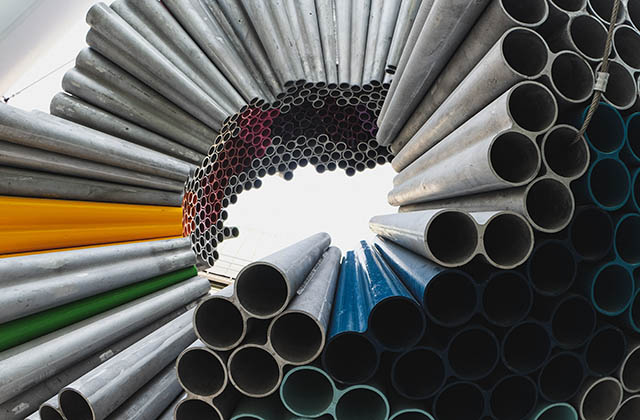Introduction
Pipes can be one of the most important features in your home, and fortunately, they are also among the most durable. However, over time, pipes can start to degrade and become less effective than they were when first installed. Luckily we have a Sydney pipe relining in our area that can help us fix any issues in our line. One reason for this is that pipes naturally have a lot of build-up inside them as they age. This buildup can cause blockages and lead to many other problems with your plumbing system. In order to avoid costly future repairs while enjoying maximum efficiency from your pipes now, consider relining them! Here are five tips on how you can do just that:
1. Keep Checking Your Pipes
When it comes to the effectiveness of your pipe relining, you have a lot of power. The first step to making sure that your pipes are working at their best is by checking them regularly. Take note of how long it takes for your water pressure to build up and make sure that there are no leaking sounds coming from anywhere on your property. Keep track of where all the pipes are located so that if there is trouble in any area, you can easily identify it without having to waste time searching through different areas.
2. Clean Your Pipes Regularly
You should clean the pipes in your home regularly. How often depends on how many people are in your home and what type of pipes you have. If you have a lot of parties or family gatherings, then you might want to clean every month. If not, then every two months is fine as well.
You should use a cleaning solution that’s appropriate for whatever material your pipes are made out of (plastic, rubber, galvanized steel). The best way to determine which type of pipe is in your basement is by looking at the screws holding it together—they will be either brass or black iron screws if they’re galvanized steel; other types use silver colored screw heads instead.
If you don’t know how much pressure there is going through your water system right now, ask someone who does! Then try using this information when determining which cleaning product would work best for you: if there isn’t enough pressure coming through these lines already then it makes sense not putting too much extra force into them since doing so could cause damage beyond repair costs–so make sure everything stays nice and relaxed before investing into any kind Of cleaning products too soon!
3. Test Your Water
- Test your water.
- If it’s bad, fix it.
If you have bad water quality, pipes will clog up faster and make the whole job more expensive in the long run. The easiest way to test your water is by taking a sample to a lab or getting an at-home kit from Amazon or Home Depot. If your results show that there are any contaminants in your water (which can include things like chlorine, copper, lead and so forth), then it may be worthwhile investing in services like reverse osmosis or otherwise upgrading your plumbing system if you want to protect the longevity of your relining job.
4. Avoid Harmful Chemicals
- Avoid harmful chemicals.
There are a number of harsh chemicals that can damage the lining inside your pipes, so it’s best to avoid using these if at all possible. The following list includes some common plumbing products and their effects on your relining:
- Bleach – bleaching is sometimes used with certain types of pipe cleaners, but this should be avoided when relining because it will corrode the lining material and cause breaks or leaks in the future. If you must clean with bleach, be sure to rinse off any residue completely before applying new insulation.
- Drain Cleaner – drain cleaners are also toxic and may degrade or dissolve the lining material on your pipes if they come into contact with it while being used on drains. Be sure never to pour any kind of chemical down your kitchen sink unless you know for certain that it’s safe for use with plastic linings!
5. Get In The Habit
- Get In The Habit
Daily maintenance is important for any type of piping, but it’s especially true for relined pipes. If you get into the habit of checking your relined pipes every day, you will be able to tell when something is wrong and fix it quickly before it becomes a much bigger problem. This is also important because it will save you money in the long run by preventing more costly repairs down the line.
By following these tips, you can maximize the effectiveness of your relined pipes and enjoy them for a long time to come, with minimal worry about future blockages or other issues.
Relining pipes is a great way to save money and protect the environment, as well as save time and enjoy your home for longer. It’s an affordable solution that can keep you from worrying about future blockages or other issues with your plumbing system. By following these tips, you can maximize the effectiveness of your relined pipes and enjoy them for a long time to come, with minimal worry about future blockages or other issues.
Conclusion
The best way to keep your relined pipes in good shape is to do the things listed above. By making sure that your pipes are regularly cleaned, tested for water quality, and kept free of harmful chemicals (i.e., bleach), you can avoid the need for emergency repairs and expensive plumbing bills down the road. Look in our website for pipe relining.
